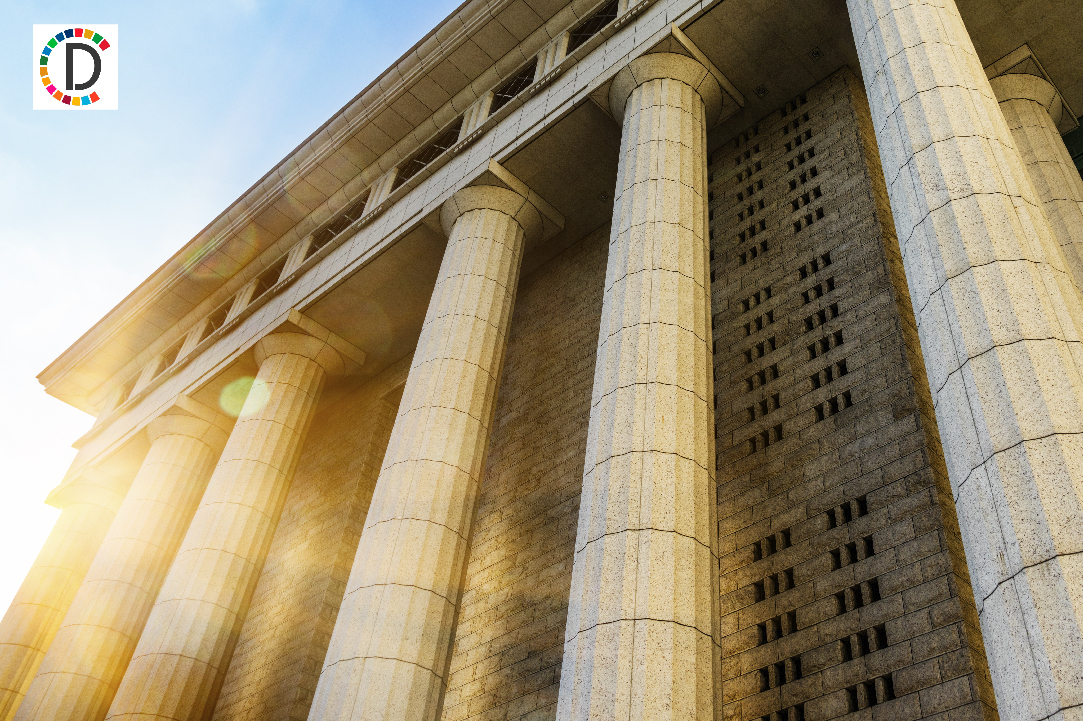Guinea's Referendum: A New Path or Power Grab?
Guinea's constitutional referendum, allowing potential presidential candidacy for military leaders, saw over 90% support amidst criticism and boycotts. Gen. Mamadi Doumbouya's potential presidency raises concerns of power consolidation. Despite opposition suppression, Doumbouya's promise of progress garners support, signifying a pivotal moment in West Africa's political landscape.

- Country:
- Guinea
In Guinea, over 90% of voters supported a constitutional referendum likely to enable Gen. Mamadi Doumbouya, head of the country's junta, to run for president. This pivotal decision, watched closely in West Africa, represents a transition from military to civilian rule amid criticism and demands for a referendum boycott.
The referendum, with a 91.4% turnout in most polling stations, has prompted both domestic and international attention. Critics view it as a power grab, while supporters hope Doumbouya's leadership boosts Guinea towards prosperity. Despite not confirming his candidacy, Doumbouya remains central to the campaign to legitimize his rule.
Human rights organizations highlight the regime's suppression of dissent, including media and political party restrictions. Yet, many Guineans are inspired by Doumbouya's vision, citing infrastructure improvements under his rule. The international community now faces a complex political landscape as elections loom without a set date.
(With inputs from agencies.)
ALSO READ
Historic 77.75% Voter Turnout in Peaceful Bodoland Territorial Council Elections
Congress Accuses BJP of 'Vote Chori' in 2024 Lok Sabha Elections
High Voter Turnout Marks Bodoland Territorial Council Elections
Sweden's Fiscal Power Play: An Economic Boost Before Elections
Sweden's Bold Budget Blueprint: Fueling Economic Growth Ahead of Elections










